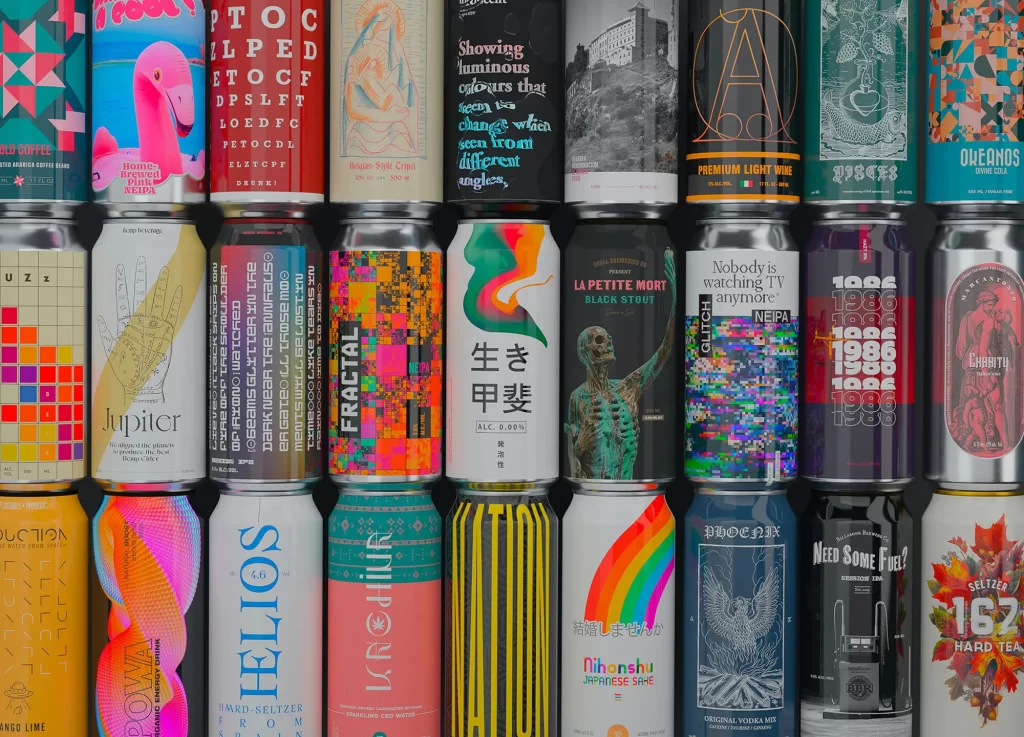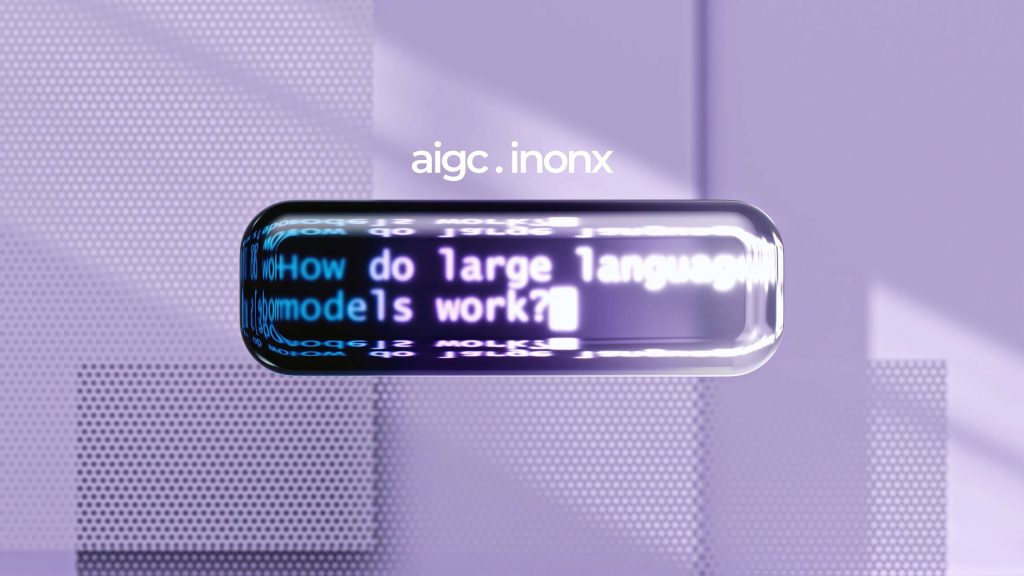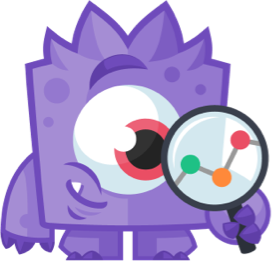In recent years, artificial intelligence (AI) has transformed numerous industries through its diverse applications and innovative solutions. One area where AI is making significant strides is Human Resources (HR), where businesses are leveraging AI-driven tools to improve efficiency, enhance employee experiences, and streamline recruitment processes. This article explores the latest trends and solutions in the realm of AI in HR Tech, highlighting industry applications, technical insights, and use cases that illustrate the power of AI digital assistant tools.
.
**The Growing Importance of AI in HR Tech**
The integration of AI solutions into HR processes has become increasingly important as organizations strive to adapt to an ever-evolving workplace landscape. One of the most compelling reasons for adopting AI in HR is to manage vast amounts of data efficiently. Today’s HR departments are inundated with applications, employee records, and performance data, making it imperative for HR professionals to utilize AI tools to sift through this information effectively.
In addition to managing data overload, AI provides rich analytics that can support data-driven decision-making. According to a report by McKinsey & Company, companies that embrace analytics can outperform their competitors by 20% or more in profitability. Consequently, the strategic implementation of AI solutions can provide HR departments with a competitive edge by enabling them to make informed decisions regarding talent acquisition and employee satisfaction.
.
**AI Digital Assistant Tools: The Future of Recruitment**
AI digital assistant tools are revolutionizing the recruitment process by enhancing candidate engagement and streamlining communication. These tools enable HR professionals to automate routine tasks such as scheduling interviews, sending follow-up emails, and addressing candidate inquiries. As a result, recruiters can devote more time to strategic activities, such as assessing candidate fit and culture alignment.
One popular application of AI digital assistants in recruitment is the implementation of chatbots. These chatbots can handle multiple inquiries simultaneously, providing prompt responses to candidates. For instance, companies like Mya and X0PA AI have pioneered the use of AI-driven chatbots that facilitate recruitment processes. Mya, for example, utilizes conversational AI to communicate with candidates during the application process, improving engagement and ensuring that candidates remain informed.
The benefits of using AI in recruitment extend beyond mere efficiency. A survey conducted by Jobvite found that 82% of job seekers appreciate receiving immediate responses to their inquiries. This indicates a clear demand for rapid communication during the recruitment journey, making AI digital assistant tools an essential element of modern HR practices.
.
**AI in Employee Onboarding and Engagement**
The onboarding process is a critical stage for both new employees and organizations alike. Effective onboarding can significantly influence employee retention rates and drive job satisfaction. AI solutions provide innovative ways to enhance the onboarding experience by personalizing interactions and streamlining training.
AI-powered platforms can analyze new hires’ backgrounds and preferences to tailor onboarding experiences. For example, tools like Enboarder enable HR teams to create customized onboarding programs that engage new employees right from day one. These platforms utilize AI to generate tailored content based on the employee’s role and department, ensuring a more relevant and enjoyable onboarding experience.
Furthermore, AI technology plays a crucial role in employee engagement beyond the onboarding phase. AI tools can monitor employee sentiment and provide insights into workplace culture through pulse surveys and feedback mechanisms. Companies like Culture Amp offer AI-driven platforms that analyze employee feedback and provide actionable insights to HR teams, enabling them to address concerns and improve overall employee satisfaction.
.
**Streamlining Performance Management with AI**
Traditional performance management systems often suffer from bias, lack of clarity, and inconsistencies in feedback. AI solutions, with their data-driven capabilities, address these challenges by providing objective assessments and facilitating continuous feedback.
AI systems can analyze performance metrics and gather data on employee accomplishments, identifying trends and outliers that human evaluators might overlook. Companies like Lattice and 15Five have developed AI-driven performance management platforms that encourage regular feedback exchanges between employees and managers. These tools streamline the performance review process, allowing for real-time adjustments and ongoing development opportunities.
Additionally, AI can assist in setting personalized performance goals. By analyzing an employee’s historical data and examining industry benchmarks, AI tools can recommend realistic objectives tailored to individual strengths and areas for improvement. This personalization not only enhances employee growth but also fosters a stronger sense of commitment to organizational goals.
.
**The Challenge of Implementation: Ethical Considerations and Diversity**
While the benefits of AI in HR Tech are numerous, the implementation of AI solutions must be approached with caution. Issues related to ethics, bias, and diversity have emerged as prominent concerns as organizations explore AI-driven tools in their HR processes.
Incorporating AI in recruitment practices can inadvertently introduce bias if not carefully managed. For instance, AI algorithms trained on historical data may perpetuate existing biases by favoring candidates who resemble successful hires from the past. HR teams must remain vigilant during the development and integration of AI systems to ensure fairness and inclusivity. Adopting a diverse dataset in training algorithms is one method of addressing this potential bias, as it promotes equitable hiring practices.
Moreover, transparency is critical when utilizing AI solutions in HR Tech. Organizations must provide clear communication on how data is collected, analyzed, and utilized to reinforce candidate trust and demonstrate ethical practices. HR professionals are tasked with ensuring that employees fully understand their data rights, increasing accountability and transparency in the process.
.
**The Future of AI in HR Tech**
The future of AI in HR Tech looks promising, with advancements continuously reshaping how organizations manage their human capital. As AI technologies evolve, organizations will see an increased focus on employee experience, remote work facilitation, and holistic workforce management.
Looking ahead, we can expect a surge in AI digital assistant tools tailored specifically for remote work environments. With hybrid work models becoming the norm, AI solutions will need to adapt to facilitate communication, collaboration, and productivity seamlessly across various platforms. This shift may lead to the development of AI-driven virtual offices that recreate in-person working experiences through virtual simulations.
Moreover, the integration of AI with other emerging technologies such as machine learning and big data analytics will further enhance HR capabilities. These innovations will empower organizations to identify patterns in employee behavior and performance, allowing for proactive interventions that support employee growth and satisfaction.
.
**Conclusion: The Transformation of HR Tech through AI Solutions**
In conclusion, the integration of AI solutions in HR Tech represents a pivotal shift in how organizations approach talent management, recruitment, and employee engagement. AI digital assistant tools are streamlining processes and improving candidate experiences, while advanced analytics contribute to data-driven decision-making.
Nevertheless, HR professionals must navigate the challenges of implementing AI ethically, ensuring that diversity and inclusivity remain at the forefront. As we move toward an increasingly digital future, the role of AI in HR Tech is destined to evolve, shaping the workplace landscape for years to come.
As organizations continue to embrace the potential of AI, staying informed about emerging trends and best practices will be essential. The journey to transform HR through AI solutions is only just beginning, and those who leverage this technology effectively will position themselves for success in the dynamic world of work.
**Sources:**
1. McKinsey & Company. (2021). *The State of AI in 2021.*
2. Jobvite. (2021). *Job Seeker Perspectives: Finding the Right Fit.*
3. Enboarder. (2021). *Customizing Your Employee Onboarding Experience.*
4. Culture Amp. (2021). *Employee Feedback for Continuous Improvement.*
5. Lattice. (2021). *Reimagining Performance Management with AI.*
By harnessing these insights, we can better understand the transformative impact of AI in HR Tech and prepare for a future where technology enhances employee experiences and organizational success.

























